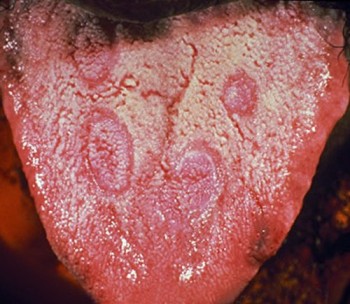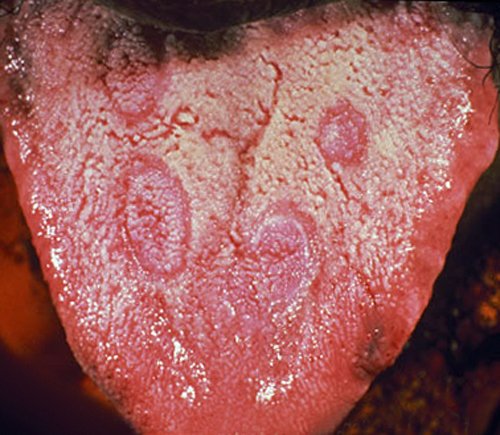Wheres AHF when you need them?
FREDERICTON — An outbreak of syphilis in New Brunswick that has seen the number of cases rise tenfold in the last three years could get worse, a provincial health official warns.

From 1993 to 2007, the province recorded an average of one syphilis case per year. In 2008, it recorded six.
That jumped to nine the following year, 37 in 2010 and 57 last year. And that number could rise even further this year, with 10 cases of the sexually transmitted disease discovered so far, said New Brunswick’s deputy chief medical officer of health.
“We seem to unfortunately have a trend,” Dr. Denis Allard said in an interview. “We hope we can have an effect on it, but for the time being it seems to be as high or higher than last year.”
Allard said most of those being infected are between the ages of 20 and 25, adding that some people are at particular risk because of their sexual behaviour.
“These are people who have multiple sex partners, especially if these sex partners are anonymous,” Allard said.
“People these days tend to go on the Internet to find partners there and don’t seem to inform themselves very much, they just want to have sex, and they get infected.”
Allard said the Health Department has done a lot of work to provide information about syphilis on its website, and to circulate brochures and posters on the infection and the proper use of condoms to the public, particularly young adults.
Since late 2009, 92 per cent of syphilis cases in New Brunswick have involved men, and most of those reported having only male sex partners, according to the January issue of the New Brunswick Disease Watch Bulletin.
Alex McKay, a research co-ordinator with the Sex Information and Education Council of Canada, said New Brunswick’s statistics show that specific education programs need to be directed at the province’s gay community.
He said too many people believe a condom is all that’s needed to protect them.
“Oral sex is a much lower risk activity for the spread of HIV, however syphilis is quite easily transmitted through oral sex,” he said.
Allard said much of the province’s education programs last year were directed at bars and websites frequented by gay men.
He said there has been a recent increase in female cases reported in the province, but it’s hard to say why.
“It could be that people are a little more promiscuous in their sexual behaviour.”
Nick Scott, executive director of AIDS New Brunswick, said it’s a big concern whenever there is an increase in cases of sexually transmitted infections because it could mean an increase in other diseases.
He said a particular worry is that many people who have such infections are unaware.
“When you don’t know that you have it is when you spread it,” he said. “If you know that you have it, you will take the proper precautions.”
Other provinces have seen syphilis outbreaks prior to the one in New Brunswick.
Between 2000 and 2009, the number of cases in Ontario jumped from 43 to 711. During the same time, the number of cases in Quebec jumped from seven to 374, and they went from 15 to 271 in Alberta.
An outbreak in British Columbia peaked at 328 in 2008 but dropped to 216 in 2009.
Nationally, the number of cases jumped from 174 in 2000 to 1757 by the end of 2010.
Read more: http://www.ctv.ca/CTVNews/Canada/20120225/syphilis-outbreak-newbrunswick-120225/#ixzz1nRN2KEzl






